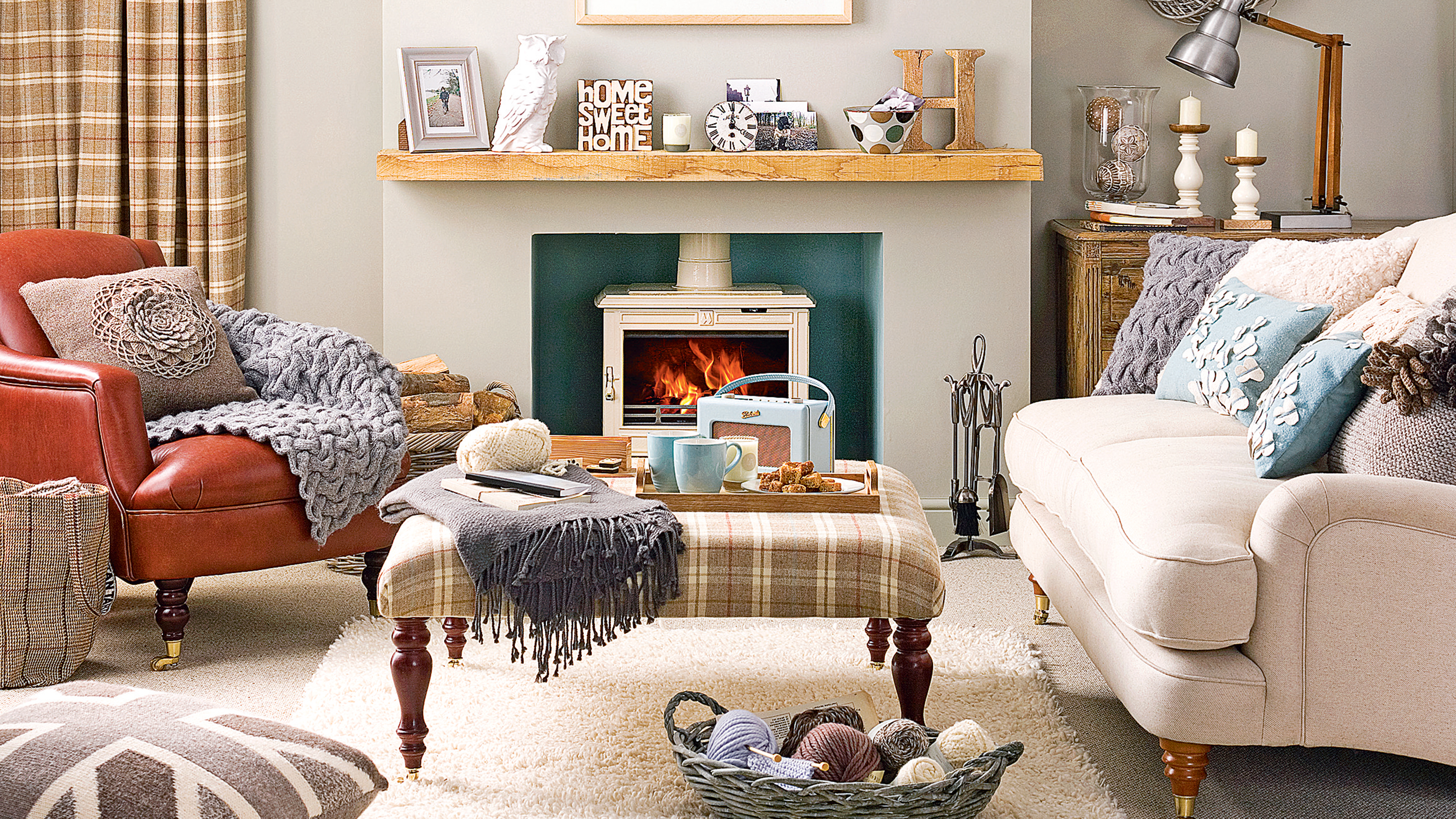Will new wood-burning stove regulations hit you with a £300 fine? What you need to know
The government has announced a tightening of regulations for households with wood-burning stoves and fireplaces


Sign up to our newsletter for style inspiration, real homes, project and garden advice and shopping know-how
You are now subscribed
Your newsletter sign-up was successful
A tightening of regulations means households in England with wood-burning stoves or fireplaces could face a fine of up to £300 if they ignore new log burner rules.
The government has announced that it is tightening emission regulations to reduce the amount of smoke new stoves can emit per hour from 5g to 3g in 'smoke control areas'. These areas cover most of England's towns and cities, where additional restrictions on domestic burning are already in place, you can find out if you live in one on the gov.uk website.
Local authorities were already able to issue financial penalties to better enforce Smoke Control Areas. However, the government's new Environmental Improvement Plan stated that it was taking the step to reduce emissions further by dropping the maximum limit down to 3g of smoke per hour.

The measures are part of the government's 25-year plan to create a cleaner, greener country. Prime Minister Rishi Sunak said: 'This plan provides the blueprint for how we will deliver our commitment to leave our environment in a better state than we found it.'
In recent years the Department for Environment, Food and Rural Affairs has cracked down on log burners. In January 2022, new rules came into force that meant all new wood-burning stoves, multi-fuel stoves and fireplaces manufactured would need to meet new guidelines called 'Ecodesign.'
The government also issued a ban on the burning of wet wood and house coal and urged households to switch to cleaner alternatives. Households could face a £1,000 if they burn unauthorised fuel.

The reason behind the crackdown is due to government research uncovering that wood-burning stoves and domestic burning are the largest source of fine particle matter, which are small particles of air pollution. The Government Strategy of 2019 stated that burning wood and coal in open fires and stoves makes up 38% of the UK's emissions.
Sign up to our newsletter for style inspiration, real homes, project and garden advice and shopping know-how
To put that into context 16% of small particles of air pollution come from industrial combustion, 12% from road transport and 13% from the use of solvents and industrial processes.
The government has also said that it is looking into the option of extending the solid fuels legislation to fuels burnt outside. However, it is not introducing new requirements for traditional fuels for barbecues, such as charcoal.
It has also said it is currently not considering a ban on domestic burning in England as it recognises that some households are reliant on solid fuel burning for heating, hot water and cooking.

Rebecca Knight has been the Deputy Editor on the Ideal Home Website since 2022. She graduated with a Masters degree in magazine journalism from City, University of London in 2018, before starting her journalism career as a staff writer on women's weekly magazines. She fell into the world of homes and interiors after joining the Ideal Home website team in 2019 as a Digital Writer. In 2020 she moved into position of Homes News Editor working across Homes & Gardens, LivingEtc, Real Homes, Gardeningetc and Ideal Home covering everything from the latest viral cleaning hack to the next big interior trend.